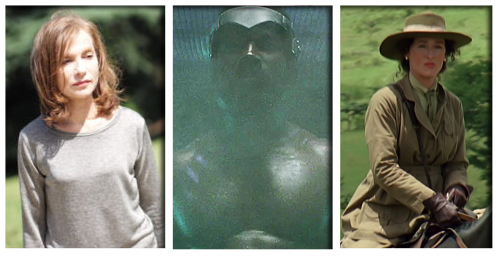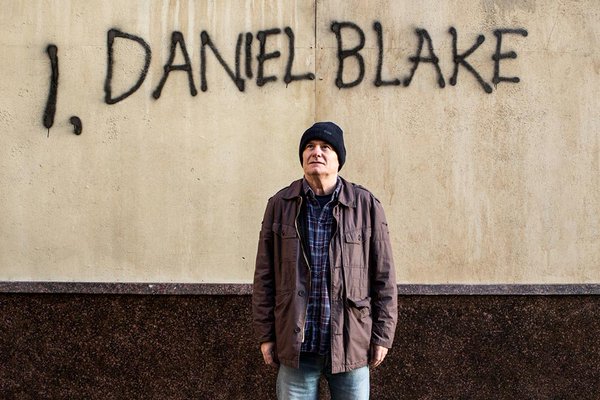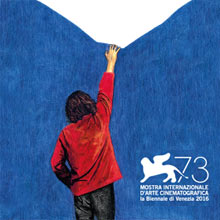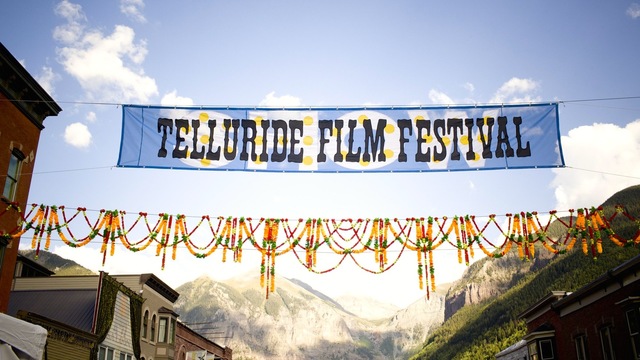• Variety we now have seven of the names for the Oceans Eight gender flipped movie: Blanchett, Bullock, Hathaway, Bonham Carter, Kaling, and two musicians who moonlight as actors Rihanna and Awkwafina
• NYFF the 54th annual festival has released the main slate titles - Opening Night: The 13th (Ava Duvernay); Centerpiece: 20th Century Women (Mike Mills); Closing Night: The Lost City of Z (James Gray); plus their usual array of buzzy titles from other festivals only this time there are a lot of female leads (which is a huge change) including Aquarius, Toni Erdmann, Personal Shopper, and an Isabelle Huppert double in L'Avenir and Elle.
• Pajiba debates Suicide Squad's interpretation of Harley Quinn
• Variety a new lawsuit about Out of Africa's profits. That's timely! (People forget that it was a giant hit at the time)
• Deadline David O. Russell pitching a TV series with Robert De Niro & Julianne Moore. What the what now?

• Variety FX executive on Peak TV, Netflix and when the "Peak TV" bubble will burst
• Vulture Matt Zoller Seitz on the problems with serial-dramas on TV right now -- the model is shifting yet again
• Pride Source Meryl Streep talks her discomfort being imitated (!), Florence Foster Jenkins, sequels, and her connections to the LGBT community
• IndieWire Greta Gerwig writing another screen version of Little Women - we get one every generation it seems
• /Film a Ghostbusters sequel with the ladies seems unlikely as the film will record a theatrical loss due to that ginormous budget
• Comics Alliance breaks down the Luke Cage trailer
• i09 Black Manta will be the villain in Aquaman
Off Screen
• Playbill Tony Danza names his favorite stage performances. Somewhat surprising but cool list featuring Mare Winningham, Mark Rylance, Faith Prince and more...
• GQ "Stop trying to get perfect abs." Love this - Define your personality instead.
• The Adequate Man "Steve Martin is My Body Icon" on looking like the same exact person for ages
Today's Must Read
Todd VanDerWerff has a gorgeous personal essay up on Vox called "Hamilton isn't perfect. But it's *perfect." I couldn't write for a month after I saw it". That's a mouthful but cozy up and be moved. It's on seeing Hamilton, the power of who is telling your story, and Todd's birth parents.
 Tuesday, September 27, 2016 at 7:30PM
Tuesday, September 27, 2016 at 7:30PM 








